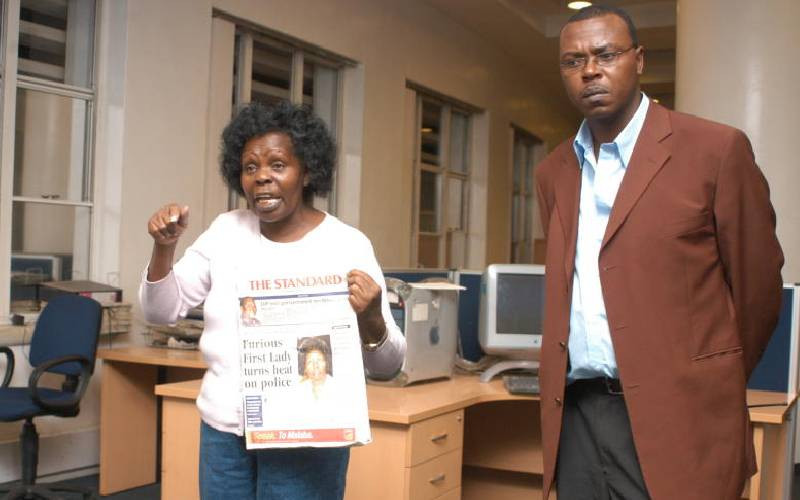×
The Standard e-Paper
Join Thousands of Readers

During his lifetime and career, former Assistant Inspector General of Kenya Police Zachary King'ori Mwangi fought many battles. And in death, he would easily be eulogised as a gallant soldier.
In the dead of night on May 2, 2005, the first-born son of Nairobi police chief King'ori lay on his hospital bed and on life support - while clutching on the remaining straws of his life.